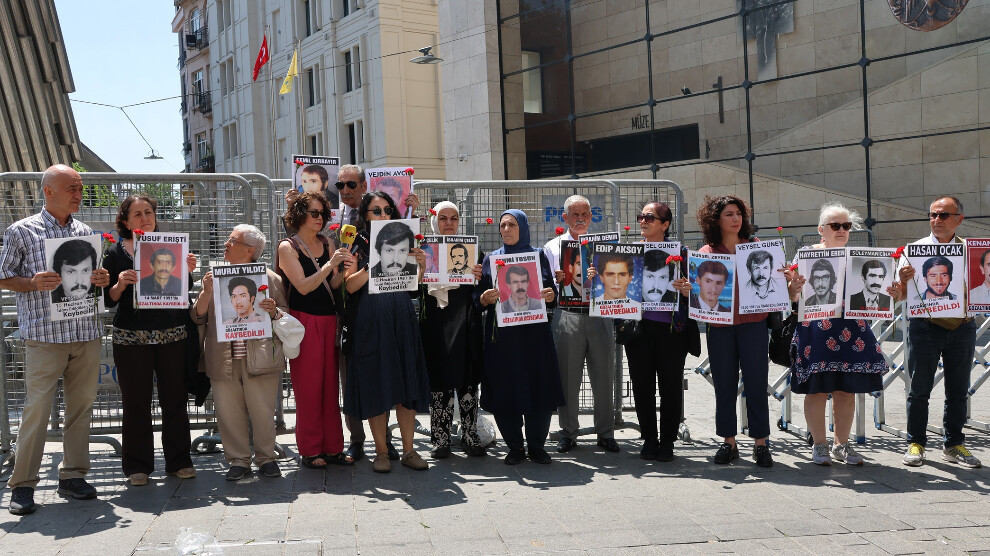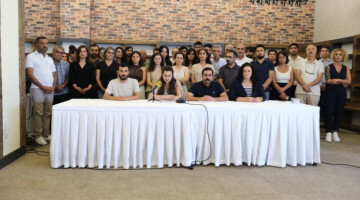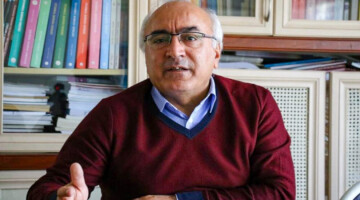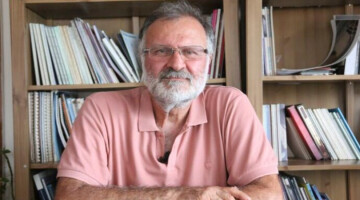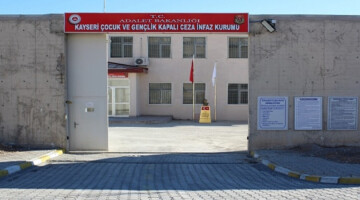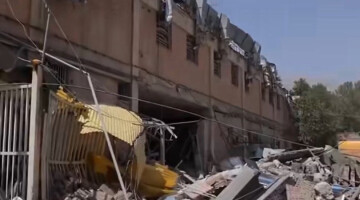Members of the Saturday Mothers Initiative and supporters gathered again this week at Galatasaray Square in Istanbul to commemorate the victims of enforced disappearances and state violence in Turkey. The vigil, which took place for the 1054th time, focused on the fate of Veysel Güney, who was executed in 1981 under the military dictatorship and whose body was never returned to his family.
In addition to relatives, representatives of civil society and the DEM Party's spokesperson for women's issues, Halide Türkoğlu, also took part in this week’s rally. As usual, photos of the disappeared and red carnations were laid down on the square – a symbolic act, as many of those affected still have no known grave.
The case of Veysel Güney: Executed, disappeared, unforgotten
Zeynep Yıldız, member of the Human Rights Association (IHD) Commission for the Disappeared, described the case of Veysel Güney: "He was 24 years old when he was injured and detained during a house raid in Antep province on December 28, 1980. He was denied the right to defend himself in a military court, and although there was no clear evidence against him, he was sentenced to death in February 1981 and executed on June 10 of the same year."
According to official records, Güney's body was handed over to an officer to be returned to his family, but his relatives never received it. It was not until years later that they found evidence of an anonymous grave in a cemetery in Antep. However, DNA analysis did not provide clear confirmation, raising doubts among the family and the public about the authenticity of the samples.
Relatives: “We will continue to ask our questions here"
A moving letter from Ayhan Güney, Veysel's brother, was read out at the gathering by a friend of the family. It said: “Veysel lives on in our memories, in our thoughts, in the stories told by his friends, and in the grief of our parents.” Ayhan said his mother died in 2012 without ever being able to talk about her pain. His father hoped until his death in 2014 that he would find a grave for his son.
Other relatives of the disappeared also spoke out. Sevim Erişti, whose brother Yusuf disappeared decades ago, said: “We haven't celebrated a single Eid in 30 years. We just want a gravestone,” she emphasized with reference to the Muslim festival of Eid al-Adha. Hanife Yıldız, mother of Murat Yıldız, said she had not been able to celebrate any holidays since her son's disappearance.
Mikail Kırbayır, brother of Cemil Kırbayır, who is considered the first victim of the practice of “disappearance” in state custody after the 1980 military coup in Turkey, criticized the ongoing restrictions on access to Galatasaray Square: “Since the murder of Hasan Ocak, this square has been a place of remembrance. We will continue to ask our questions here.”
Hanım Tosun, wife of Fehmi Tosun, who disappeared in Istanbul in 1995, also spoke plainly: “The world heard our voices from Galatasaray. For 30 years, we have been searching not only for the bones of our loved ones, but also for justice. The police barricades here are the shame of this country.”
The rally ended with the symbolic laying of carnations on the square as a sign of remembrance for the disappeared and as a reminder to the state and society. The Saturday Mothers continue to demand the prosecution of those responsible and recognition of the state injustice done to their families.

